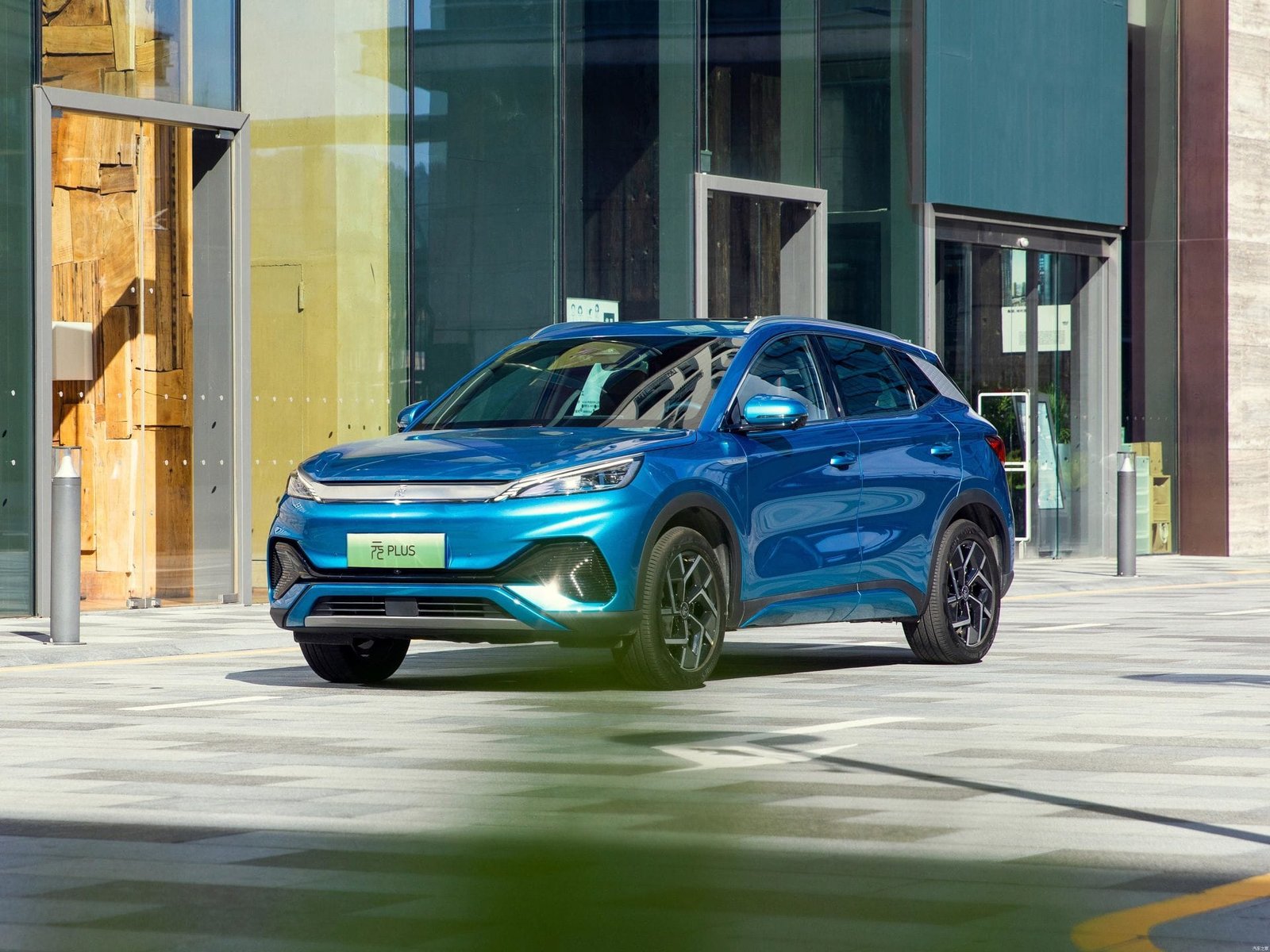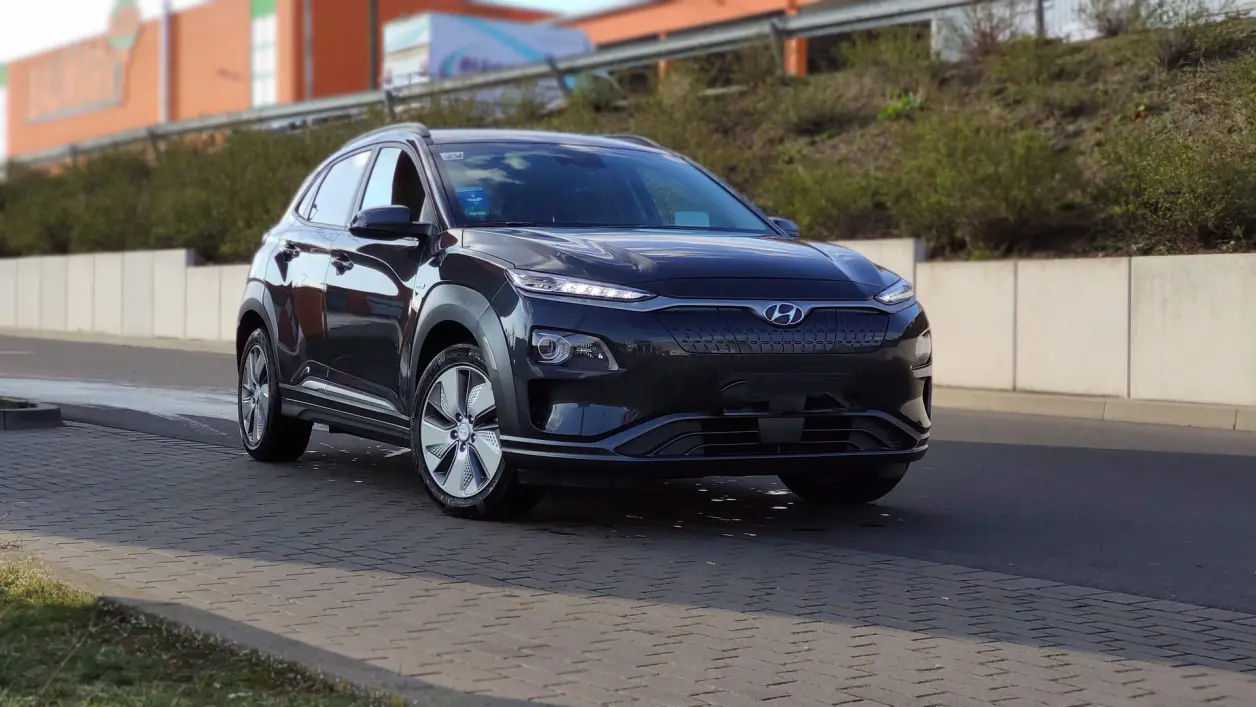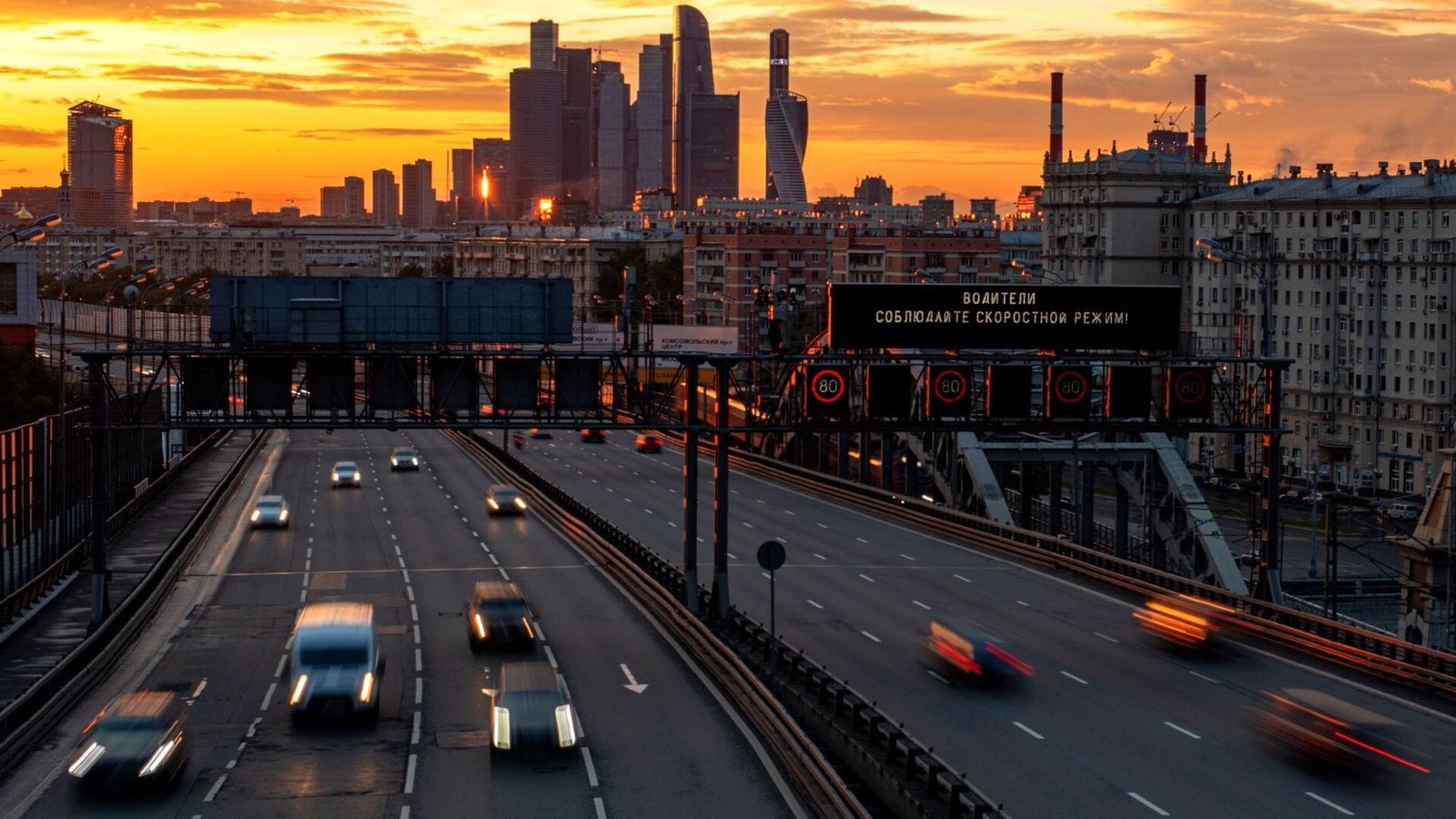The market for electric vehicles is gradually developing on the African continent. The main economic power in the West African Economic and Monetary Union, Côte d’Ivoire, has seen particular momentum in recent years.
With a GDP of nearly 71 billion US dollars and expected to reach 101 billion US dollars by 2026, Côte d’Ivoire is a land of opportunity for foreign investors.
Côte d’Ivoire has a favorable business environment conducive to creating sustainable wealth. Its welcoming policies towards foreign investors, abundant resources (as a foundation for economic development), stable currency exchange rates and strategic geographical location have made Côte d’Ivoire stand out in industries with great potential, such as green energy.
Current situation of electricity in Côte d’Ivoire
Côte d’Ivoire has almost achieved universal access to electricity in urban areas, but about 8.3 million people in rural areas still do not have regular access to electricity. The main reason for the low electricity access rate of 33% in rural areas is the high upfront grid connection costs, especially in the central and northern regions.
The government has made grid extension the primary electrification policy and launched the “Electricity for All Program” with the goal of achieving 100% access to electricity, including in rural areas, by the end of 2025. Additional construction and increased available resources are urgently needed to expand electricity access in rural areas.
Although Côte d’Ivoire’s current per capita emissions are not high, the country still needs to invest more in the field of renewable energy in order to ensure that development can remain at a relatively high level and achieve low carbon environmental protection in the future with population growth.

The journey to decarbonization: the path to a green future
Transport accounts for 20% of total greenhouse gas (GHG) emissions, and in mega-urban areas this proportion is as high as 40%. This pollution has increased by an average of 1.7% per year for 30 years. According to the International Energy Agency, greenhouse gases from transport must be reduced by more than 3% per year to achieve net zero emissions by 2030.
Without alternatives to carbon-based transport, carbon emissions in the world’s fastest-growing cities will continue to rise. Passenger transport demand could increase by 75% by 2050 compared to 2019 levels, with catastrophic consequences for the planet if these carbon emissions are not drastically reduced.
Côte d’Ivoire ratified the Paris Agreement in October 2016. Its renewable energy targets for autonomous supply include achieving 42% of electricity generation from renewable sources by 2030, of which 26% will come from hydropower, at an estimated cost of USD 12.9 billion, which is in line with the targets of the National Action Plan for Renewable Energy (PANER). The development of small hydropower stations, off-grid solar power stations, biomass and biogas energy use is also mentioned in the national autonomous supply, but without quantitative targets.
To achieve these targets, Côte d’Ivoire’s electricity generation should gradually shift from natural gas to renewable energy sources. Between 2016 and 2018, the country doubled the share of renewable electricity generation from 15% to 30%. It achieved this by replacing about 17% of natural gas generation with hydropower (IRENA, 2020b).
International public investment has been particularly important for Côte d’Ivoire to accelerate the achievement of its nationally determined contribution (NDC) targets. Between 2010 and 2018, international public investment totalled USD 1 billion (IRENA, 2020a). A large amount of public investment was focused on hydropower, in particular the Gribo-Popoli hydropower project in 2017 ($459 million) and the Soubre hydropower project in 2013 ($485 million). Increasing public investment could be a key strategic objective for Côte d’Ivoire, given the link between public investment in these projects and the increase in renewable electricity from hydropower.
Côte d’Ivoire is committed to reducing greenhouse gas emissions by 30.41% by 2030 and intends to strengthen its resilience to climate change. Côte d’Ivoire’s legislative framework and ecosystem are conducive to the development of a green economy, and the government has also increased awareness of the development of green energy in the report on the National Sustainable Development Strategy 20212025.
In 2024, the Côte d’Ivoire Tax Administration’s annex included information to encourage businesses to use renewable energy, sending a signal that the government is gradually focusing on greening the economy. In March 2024, the International Monetary Fund provided Côte d’Ivoire with a loan worth US$1.3 billion for resilience and sustainable development (FRD). To this end, the Côte d’Ivoire government has set a target of 10% of the country’s road traffic being electric vehicles.

The overall state of the Côte d’Ivoire car market
· It is estimated that the passenger car market revenue will reach 135.8 million US dollars in 2024, with an estimated annual growth rate of revenue (CAGR 2024-2029) of 0.18%. The market size is expected to reach 137 million US dollars by 2029.
· The largest number of passenger cars in the market are SUV models, and their market size is expected to reach 52.2 million US dollars in 2024.
Toyota: In 2023, Toyota will have a significant presence in the Ivorian car market, accounting for 25% of total sales.
Toyota Motor Corporation and the Ivorian government signed an agreement to establish an automobile assembly plant in the West African country. The agreement, which was officially signed during the Japan-Africa Development Conference in Yokohama, Japan, marks an important step in Toyota’s commitment to the African automotive sector. The assembly plant has not yet been completed, but after an interview with Japanese Foreign Minister Kamikawa in Abidjan in April 2024, Ivorian head of state Ouattara called for the establishment of a “Toyota” car assembly plant in Côte d’Ivoire “as quickly as possible”.
Suzuki: In 2020, Suzuki had a market share of about 18% in Côte d’Ivoire. It performed well in the region, especially the Suzuki Vitara and the Suzuki Alto taxi for the city, which are widely used in cities such as Abidjan. Although specific market share data for 2023 is not readily available, based on recent performance, Suzuki is likely to continue to expand its share in the market.
Peugeot and Renault: In 2023, the French brand Peugeot had a market share of about 12% in Côte d’Ivoire. Meanwhile, Renault maintained a market share of about 8% in the same year. Although the market share of the two has declined, they still occupy an important position in the Côte d’Ivoire market.
The automotive industry plays an important role in Côte d’Ivoire’s economic growth. At present, Côte d’Ivoire’s automotive market is still dominated by imported used cars, and used cars account for a huge proportion.
The high pollution caused by emissions has raised concerns about safety and environmental impact. Coupled with the international trend of green energy and carbon emission reduction targets, the Ivorian government has implemented policies such as restricting the import of used cars and developing a “vehicle scrapping bonus” to encourage people to replace old models and purchase vehicles with a lower environmental impact.
New energy vehicles in Côte d’Ivoire: the rise of a new green force
The new energy vehicle market in Côte d’Ivoire is still in its infancy. Some of the companies that have taken the lead in entering the market and actively promoting the popularization of new energy include
Auto24
Auto24 opened the country’s first public electric vehicle charging station in Abidjan at the end of 2022. Auto24 is a company that sells used cars using an online platform, so it is also committed to providing used electric vehicles, such as the Kia e-Soul, Kia e-Niro and Hyundai Kona. They plan to sell these cars with packages that include charging stations at home or at work. This initiative will help make electric vehicles more acceptable to consumers and businesses in Côte d’Ivoire. Auto24 has been working with other companies in the industry, including EVTech and Julaya.
CAftrade and AUTO24 are currently discussing the possibility of cooperating in the procurement and transport of vehicles and customs clearance.
In 2023, EVTech, Auto24 and Julaya completed a rally from north to south in Côte d’Ivoire with new energy vehicles, which is of great significance for the popularization of new energy vehicles in the country. It is reported that in 2025, EVTech will host a rally from west to east across the country.
EVTech
EVTech is the first company to launch new energy vehicle and charging equipment projects in Côte d’Ivoire. It focuses on setting up a network of charging stations and developing a mobile app called Neo Charging to help drivers find available charging points. They also collaborate with local businesses to provide affordable charging solutions for electric vehicles. Currently, EVTech is in the process of raising Series A funding from both domestic and foreign investors. The funding, worth 4.2 billion CFA francs (approximately 6.4 million euros), will be used to finance and deploy electric vehicle charging stations.
CAftrade has been working with EVTech on various levels since 2021 on the development of new energy vehicles in Côte d’Ivoire, including providing EVTech with vehicle analysis reports for Chinese brand electric vehicles and procuring multiple models of different brands for EVTech.
BYD
BYD sold 3 million electric vehicles and plug-in hybrid vehicles last year, beating Tesla to become the world’s best-selling electric vehicle company in the fourth quarter of 2023.
BYD announced in January 2024 that it would enter multiple African markets, including Côte d’Ivoire and Rwanda, through a partnership with CFAO Mobility. BYD is currently accelerating the development of the electric vehicle industry in Kenya, Morocco, Ghana, Ethiopia, Egypt, Rwanda and other countries. Their strategy is mainly to establish partnerships with local dealers, which allows them to quickly enter the country’s auto trading market.
Notably, BYD has recently expanded into the maritime sector, enabling the company to assemble car carriers to transport its electric vehicles directly from Chinese factories to Africa, Europe, South America and other markets.

Policy
Currently, Côte d’Ivoire has not introduced any specific policies or incentives for electric vehicles. However, the government is aware of the importance of popularizing new energy vehicles and is considering implementing practical and favorable decrees such as import tax reductions or consumer subsidies for electric vehicles.
Although there are plans to formulate a national strategy for green transportation, including electric vehicles, the actual implementation of these policies has not yet been completed. Therefore, many companies and market stakeholders are waiting for the government to introduce supportive policies before making large-scale investments in electric vehicle infrastructure and sales.
Summary of the new energy vehicle market in Côte d’Ivoire
In 2024, Côte d’Ivoire’s new energy vehicle market is developing rapidly, although it still faces some challenges. With the government’s emphasis on sustainable transportation and the improvement of electric vehicle infrastructure, more and more consumers and businesses are beginning to pay attention to the future development potential of electric vehicles.
It is predicted that in 2025, the Ivorian government is likely to introduce policies that are conducive to the development of new energy vehicles in order to increase market sales, which are expected to be around 10,000 vehicles. This will create more opportunities for new energy vehicle manufacturers and suppliers.
For companies engaged in the new energy vehicle industry in Côte d’Ivoire, the following are some suggestions:
Establish charging infrastructure:
Providing more charging stations is the key to promoting the popularity of electric vehicles. Companies should cooperate with local governments and other private sectors to expand the charging network faster, especially in the small cities of Côte d’Ivoire.
Market education and promotion
Create/participate in events to educate consumers about the benefits of EVs and the ease of charging, help dispel concerns and build reputation within the industry.
Optimize the supply chain
Ensuring full support from battery supply to after-sales services can increase consumer confidence and stimulate purchase intent.
Monitor policy changes
Monitor government policies on tax incentives and subsidies for EVs to remain competitive in the market.
Overall, the new energy vehicle market in Côte d’Ivoire has huge potential, and companies that can focus on brand reputation and service quality will be able to carve out a niche in this rapidly developing market.




